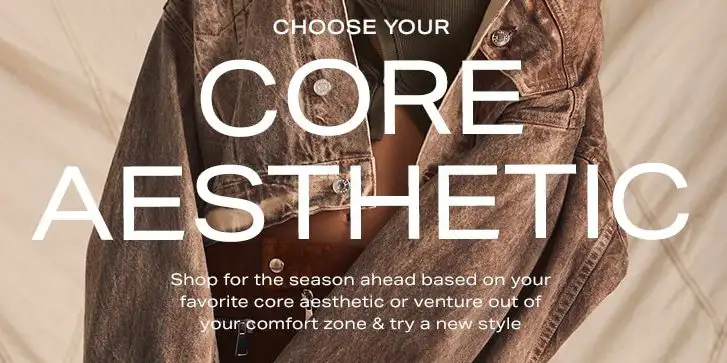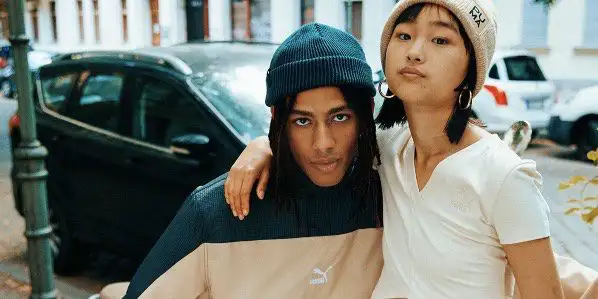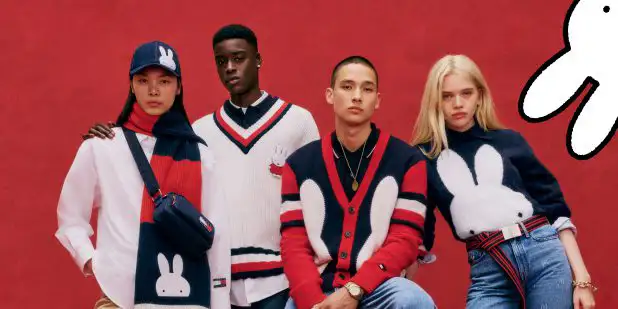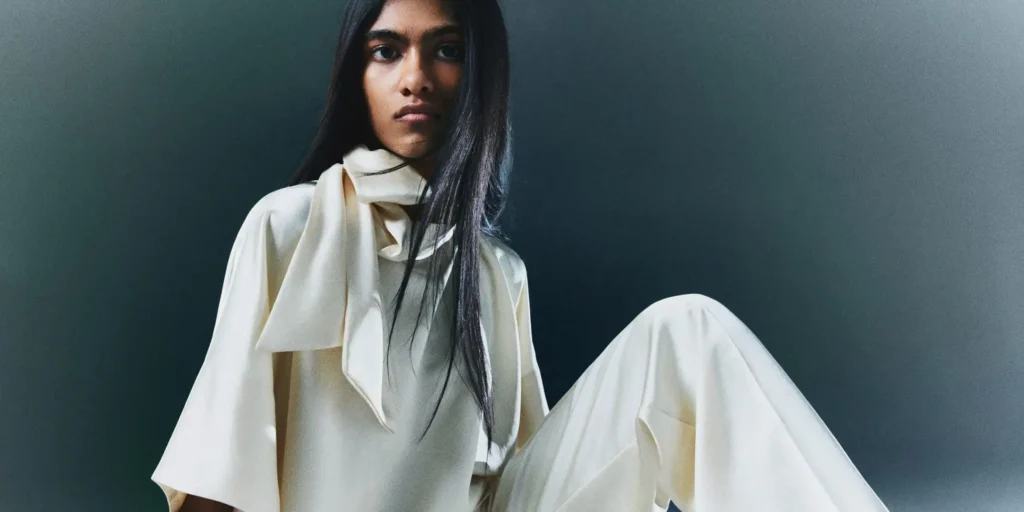How PUMA Mastered The Power Of EDITED
Driving Conversion “Implementing conversion driving strategies on site will be much more of an effective way for us to convert consumers rather than just purely focusing on traffic. EDITED is playing currently, and will play, a crucial role into helping us increase those onsite conversions.” – Colette Hilton, Head of Retail & Ecom UKI at […]




